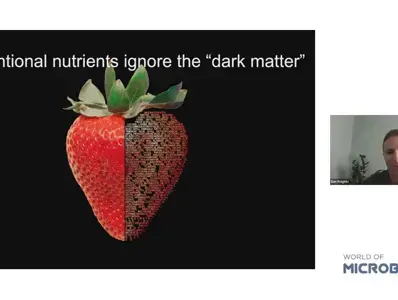Integrating dietary intake with longitudinal microbiome data for studying infant development
Diet is considered a key determinant of human gut microbiome variation, but few studies have examined the effects of daily dietary choices on personal microbiome variation. Furthermore, methods for integrating dietary intake data with microbiome data are limited. New multivariate methods for diet-microbiome analysis were applied to dense longitudinal data consisting of daily 24-hour food records and samples evaluated with shotgun metagenomics. Microbiome was more strongly associated with food times than with conventional nutrient profiles, suggesting the existence of food “dark matter”, i.e. nutrients highly relevant to microbiome, currently inadequately captured in conventional food databases. Longitudinal analysis revealed highly personalized microbial response to diet suggesting that food-based interventions seeking to modulate the gut microbiota may need to be tailored to the individual microbiome. Further, novel analytical methods available for dense longitudinal data in infants were able to pin-point critical time-windows of microbiome differentiation in response to diet and other variables, such as antibiotic use.
If you liked this post you may also like
